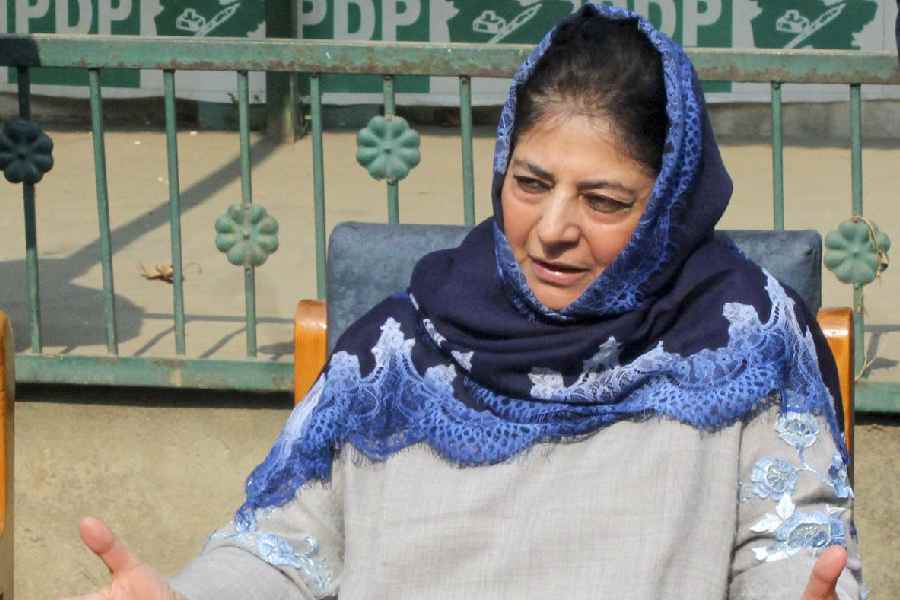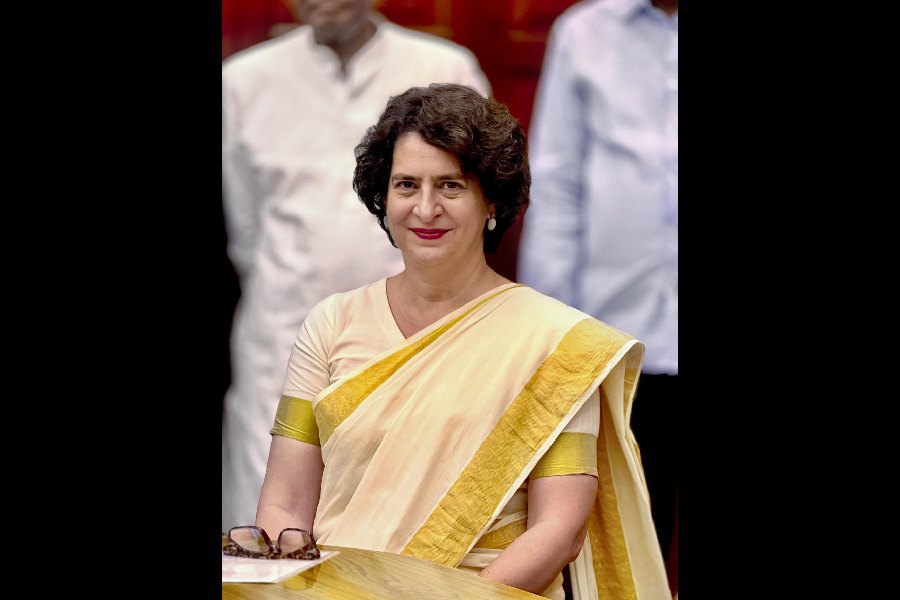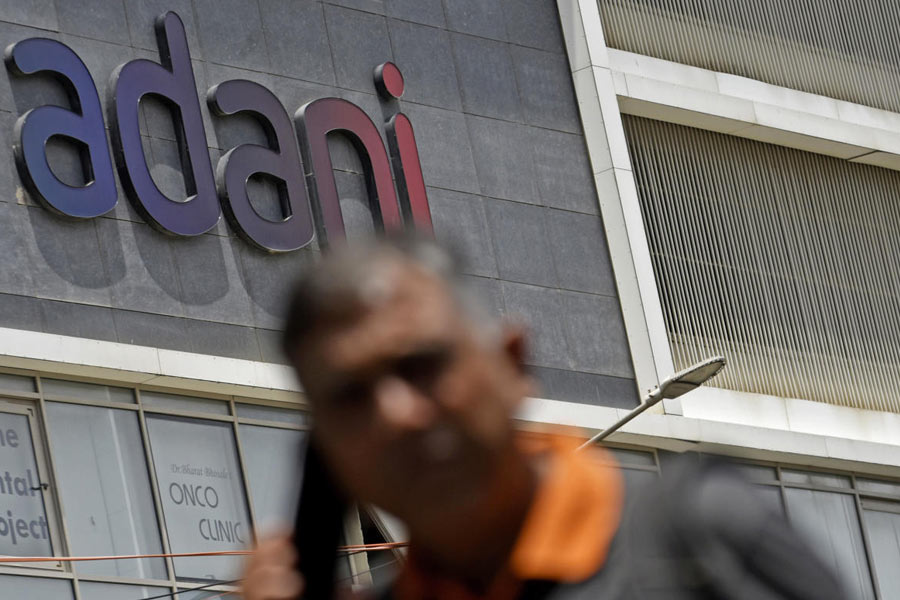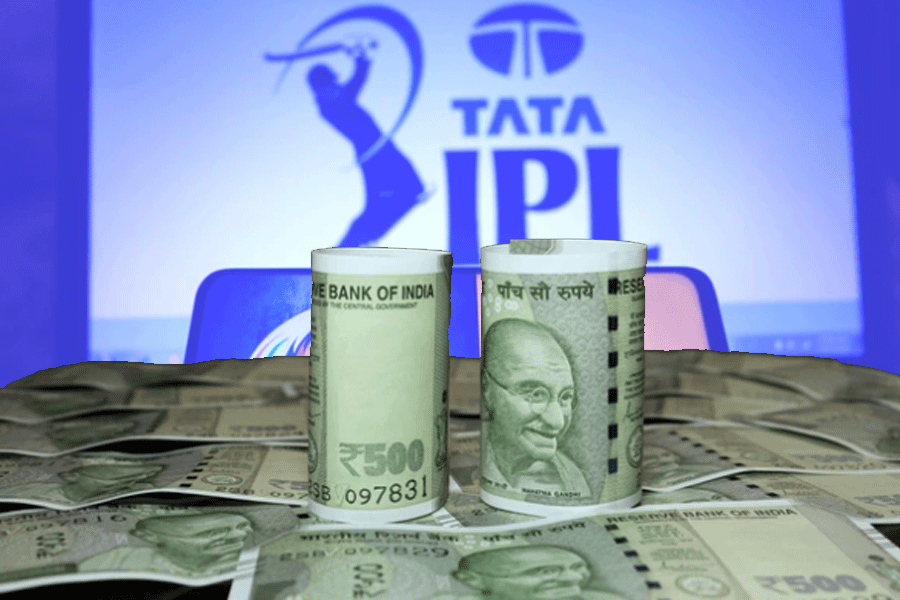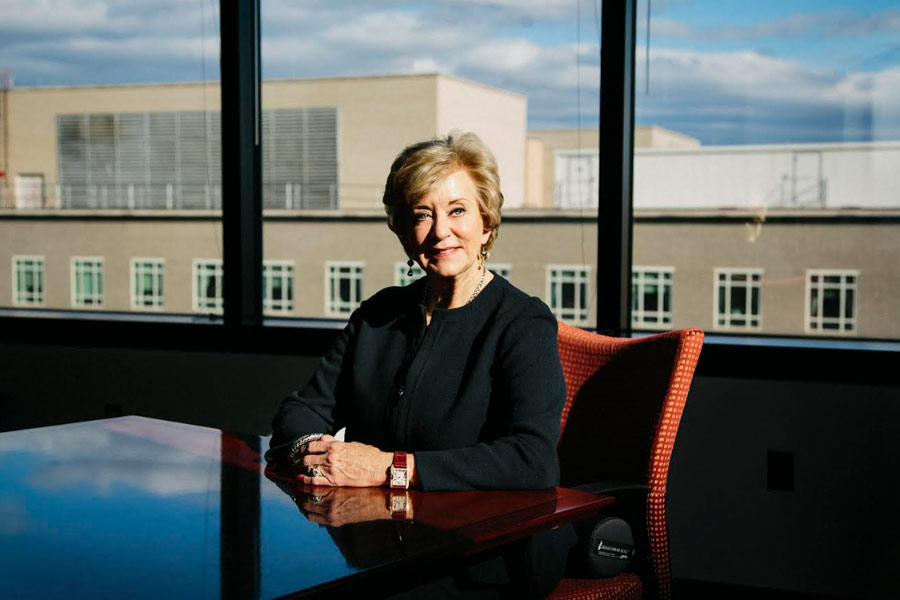A recent Rajasthan court decision to admit a petition claiming that the Ajmer dargah was built on the remains of a Hindu shrine has sparked widespread outrage in Kashmir, with some senior leaders accusing former Supreme Court Chief Justice D.Y. Chandrachud for opening a floodgate of lawsuits.
The decision triggered angry reactions on a day Kashmir’s Islamic scholars led by Mirwaiz Umar Farooq opposed fresh amendments to the Waqf (Amendment) Bill and sought a meeting with the chairperson of the joint parliamentary committee examining the bill.
Valley parties vented their anger against Chandrachud, who had kicked up a storm in October when he recalled how he sat in front of a deity “to find a solution” in the Babri Masjid-Ram Janmabhoomi dispute.
A court in Ajmer on Wednesday issued notices to the Union minority affairs ministry, Archaeological Survey of India (ASI), and the Ajmer Dargah Committee seeking their response to a petition that sought a physical survey of the dargah.
“Thanks to a former Chief Justice of India, a Pandora’s box has been opened, sparking a contentious debate about minority religious places. Despite a Supreme Court ruling that status quo should be maintained as it existed in 1947, his judgment has paved the way for surveys of these sites, potentially leading to increased tension between Hindus and Muslims,” former chief minister Mehbooba Mufti posted on X.
Mehbooba said the recent violence in Sambhal, Uttar Pradesh, was also a direct result of this judgment.
“First mosques and now Muslim shrines like Ajmer Sharif are being targeted, which can result in further bloodshed. The question remains who will take responsibility for perpetuating this communal violence reminiscent of the Partition days,” she said.
Mehbooba did not mention the former CJI by name, but her daughter and media adviser Iltija Mufti was more straightforward.
“Justice Chandrachud sermonised all of India with moral platitudes but was actually a wolf in sheep’s clothing. His lasting legacy will remain opening the floodgates to the Places of Worship Act solely to earn a plum position post-retirement,” she wrote.
Peoples Conference chairman Sajad Lone called the lawsuit on the dargah a shocker, regretting India was stuck in such issues in the age of artificial intelligence.
“And as Indians let us be honest. We have not contributed to any technological revolution. Yes, we have the resources to make use of them by buying them. But scientific innovation. No. None. Not even remotely. Our Indian tech revolution is as users, not as inventors,” he said.
“Our desire for invention seems to be all invested in our obsession to invent hidden temples. And make no mistake. A statistically significant section of the population is applauding it. And yes the more the educated the more temple-searchers they tend to be,” he added.
Lone said he had recently visited Dubai and saw “magnificence in the form of architecture of the temples that have been built here”.
“What an oasis of tolerance and mutual respect Dubai has turned out to be. So good it is. Literally every nationality is here and in how an orderly manner they live,” he said.
The Muttahida Majlis-e-Ulema, a collective of religious organisations in Jammu and Kashmir headed by Hurriyat chief Farooq, said the amendments proposed in the waqf bill had sparked significant concerns and anxiety “within the community due to their potential impact on religious, social and charitable institutions”.
The outfit has written to Jagdambika Pal, the joint panel chairperson, for a meeting. The letter said the bill could undermine the autonomy and fundamental purpose of waqf properties.

